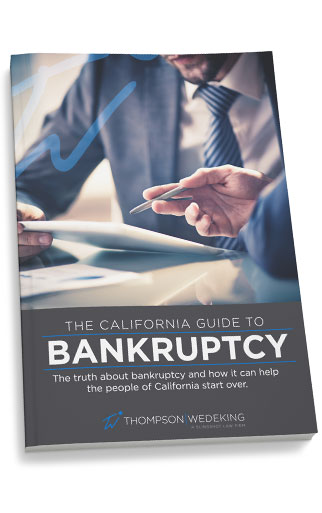The filing of a voluntary or involuntary petition creates an “automatic stay,” which operates to enjoin creditors in most instances from taking further collection efforts against the debtor and the debtor’s property. [11 U.S.C.A. § 362(a)] The stay is “automatic” in that it is self-executing, and as such no court action is required for it to become effective. The automatic stay provisions under the prior Bankruptcy Act withstood the challenge that the stay is a deprivation of a creditor’s rights without due process of law. However, note that the automatic stay is significantly broader in scope under the Bankruptcy Code.
While the automatic stay provision of 11 U.S.C.A. § 362(a) prohibits creditors from proceeding against the debtor or the debtor’s property for payment of prepetition debts, the stay generally does not operate in favor of codebtors, such as a guarantor, endorser or comaker. The codebtor’s recourse in such a case may be to seek an injunction against further collection under 11 U.S.C.A. § 105. Note, however, that co-debtors of a Chapter 13 debtor’s consumer debt are protected under the co-debtor stay provisions of 11 U.S.C.A. § 1301.
The automatic stay, therefore, provides debtors with immediate breathing room from creditors and is of particular significance where, for example, the Internal Revenue Service is considering enforced collection action. The Internal Revenue Service, like any other creditor, cannot collect monies under a wage or bank levy once a bankruptcy petition has been filed. Where an installment payment agreement has been entered into the Service, and the taxpayer subsequently files bankruptcy, the taxpayer/debtor is not under a legal obligation to continue making payments, nor can the Service demand payments under the installment agreement. Likewise, where payment under the installment agreement was set up as either an automatic payroll or checking account deduction, the government is not entitled to continue to collect by those means once the bankruptcy petition is filed.


